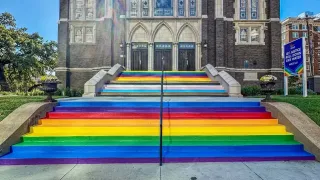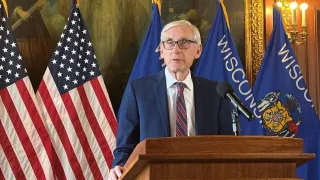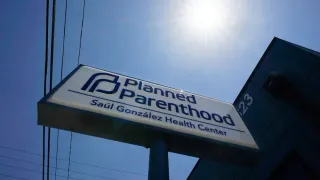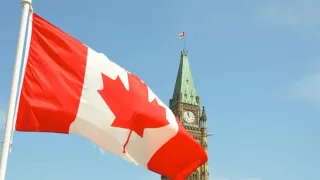March 15, 2016
Bleisure: San Antonio's River Walk
Glenn Adams READ TIME: 2 MIN.
Morning, afternoon or night, doesn't matter. This sun-splattered city offers a cornucopia of attractions that can be experienced around a business traveler's schedule of meetings and conferences.
The city may be best known for the Alamo, site of the 1836 battle in Texas' war for independence, but there's plenty more to see and do. Just a couple of blocks away, the River Walk is a must for those interested in really seeing the city, and mixing pleasure with history in a relaxing, outdoor and below-street-level setting.
Visitors bound by a business schedule may have to shoe-horn a visit to Alamo into its regular 9 a.m.-5:30 p.m. hours (every day except Christmas and Christmas Eve). But if those hours don't suit, after-hours tours can be booked for a fee. There's no admission for regular day visits.
Either way, a visitor gets an up-close brush with history while viewing such relics as Davy Crockett's musket and vest and Jim Bowie's knife.
The trail of history continues where the River Walk loops through the heart of America's seventh-largest city. Being a public park, replete with trees, gardens and crossed by ornate stone and iron bridges, the River Walk is open 24/7 and 365 days a year. During the day and into the night, the walkway bustles with restaurants, bars, hotels among other attractions, often with the sounds of mariachi music floating in the air.
Early morning - before the strollers and sightseers show up - the walkway is open for those who want to take a brisk pre-workday run or walk. After hours, weary business travelers might want to wind down with The Barwalk's tour of some of the area's historic watering holes or dine in any number of restaurants to fit any budget.
No visitor should miss a river tour in one of the barges plying the waterway throughout the day and into the evening. The narrated tours are reasonably priced and Rio San Antonio Cruises runs its boats from 9 a.m. to 9 p.m.
The downtown river loop is just part of the river's attraction. It links up with the Museum Reach at the north, which features a 3.5-mile lighted path that's popular with joggers. South is the Mission Reach, open dawn to dark, which is friendly to walkers, bicyclists and runners.
From downtown, the trail leads south to four restored Spanish missions that are part of the National Park system and also help define the region. Early risers should allow time to cover up to 16 miles (round trip), so it may be a good idea to bring along some water and snacks or cut the trip short. Seeing the missions is well-worth the trip.
Need a bike? Rent one with a credit card for 24 hours at one of the BCycle kiosks around town. Users say they're good for downtown as wells as Mission Trail runs. (Scooter-powered, Segway and double-decker bus tours are also available.)
All around downtown, goodwill ambassadors donning vests and wide-brimmed white hats stand ready to offer directions to visitors who might be a bit turned around.






